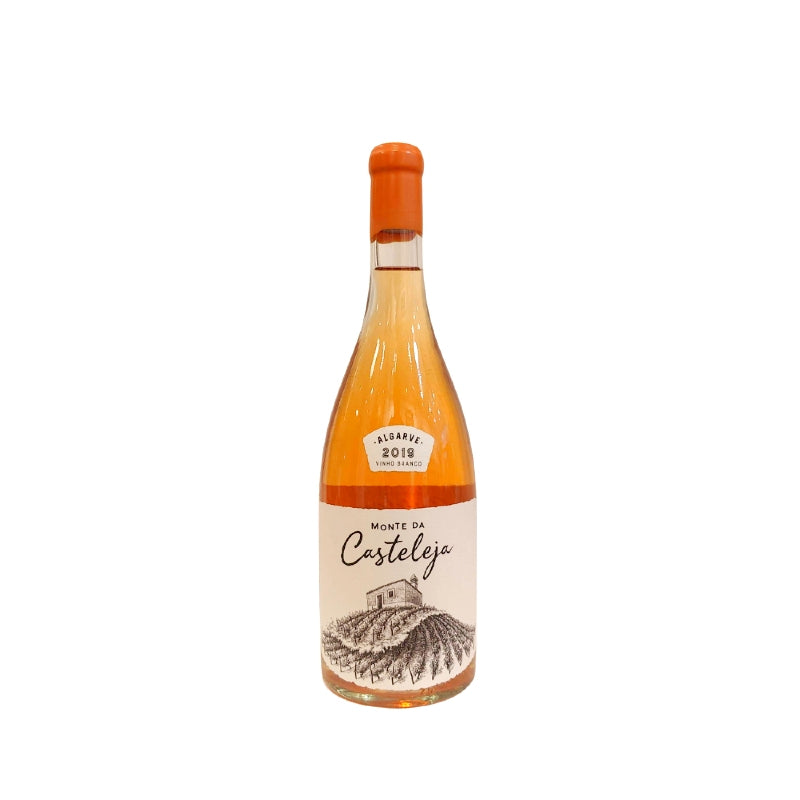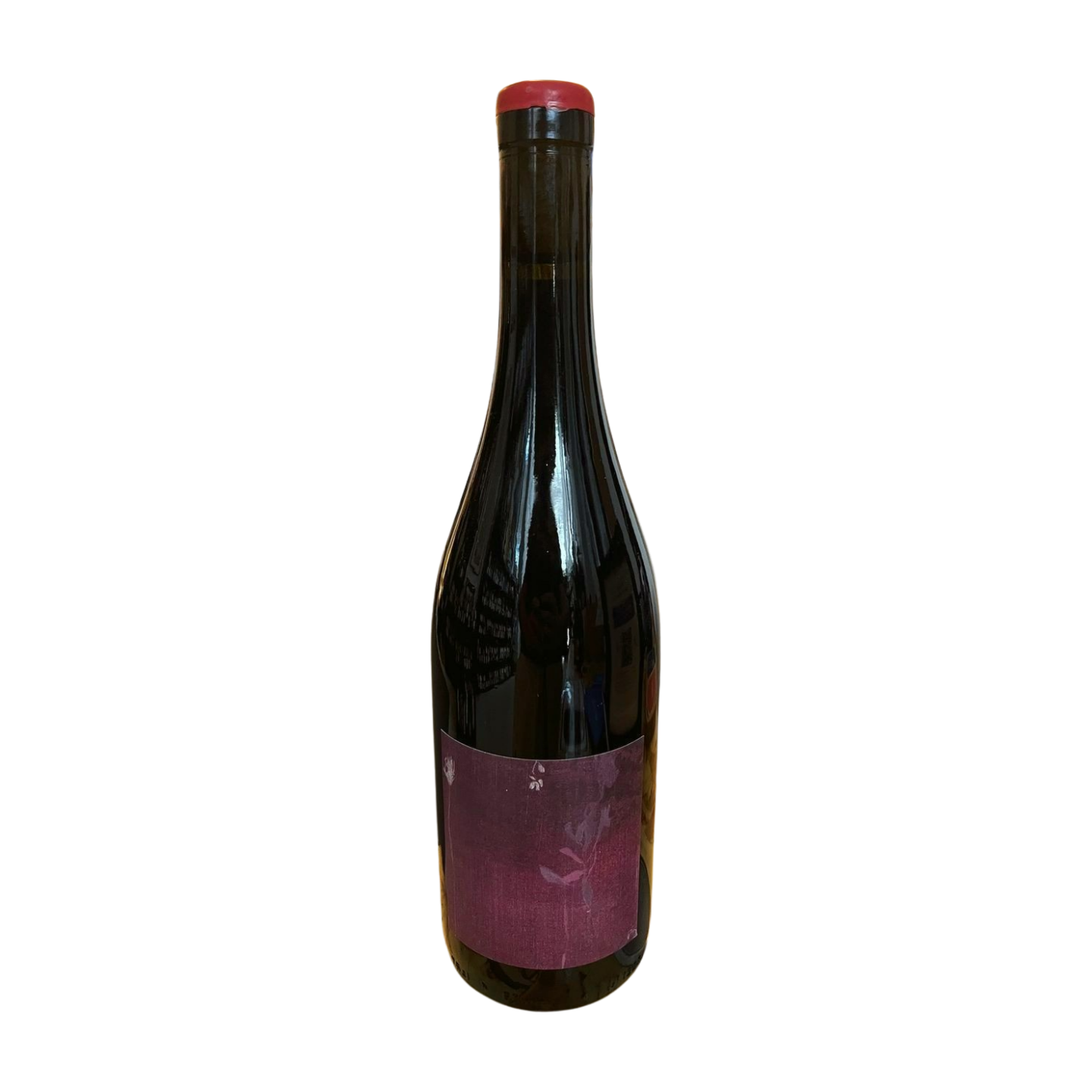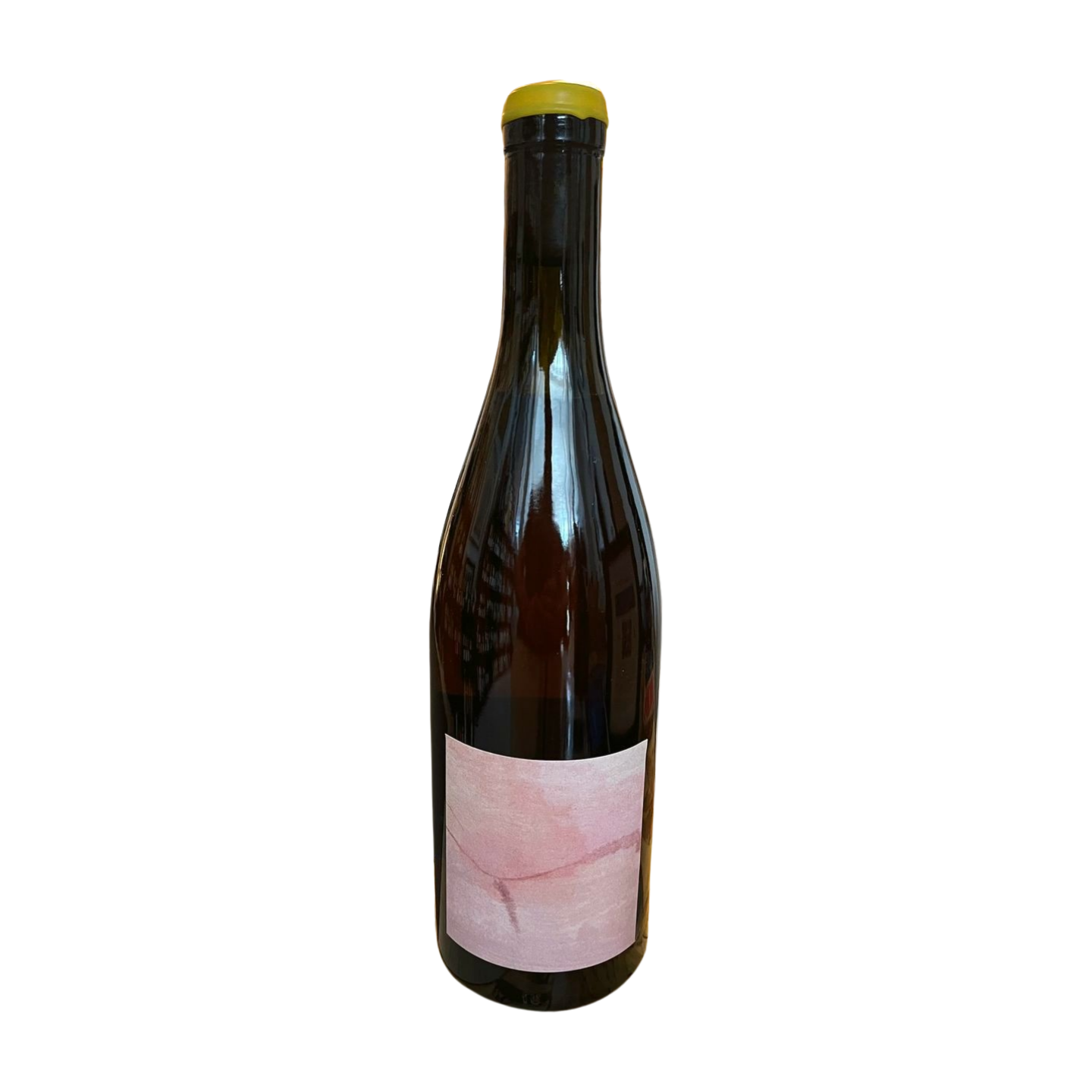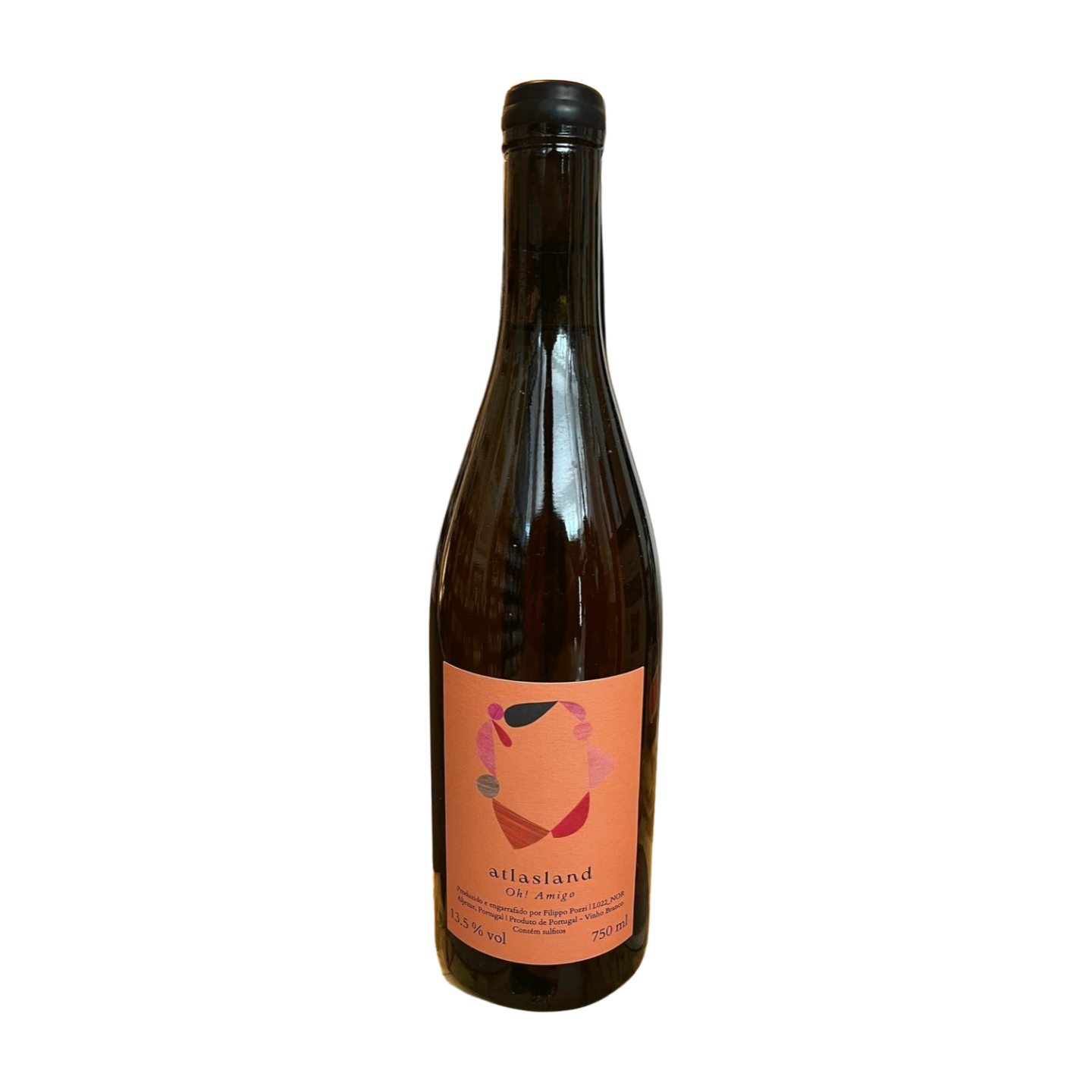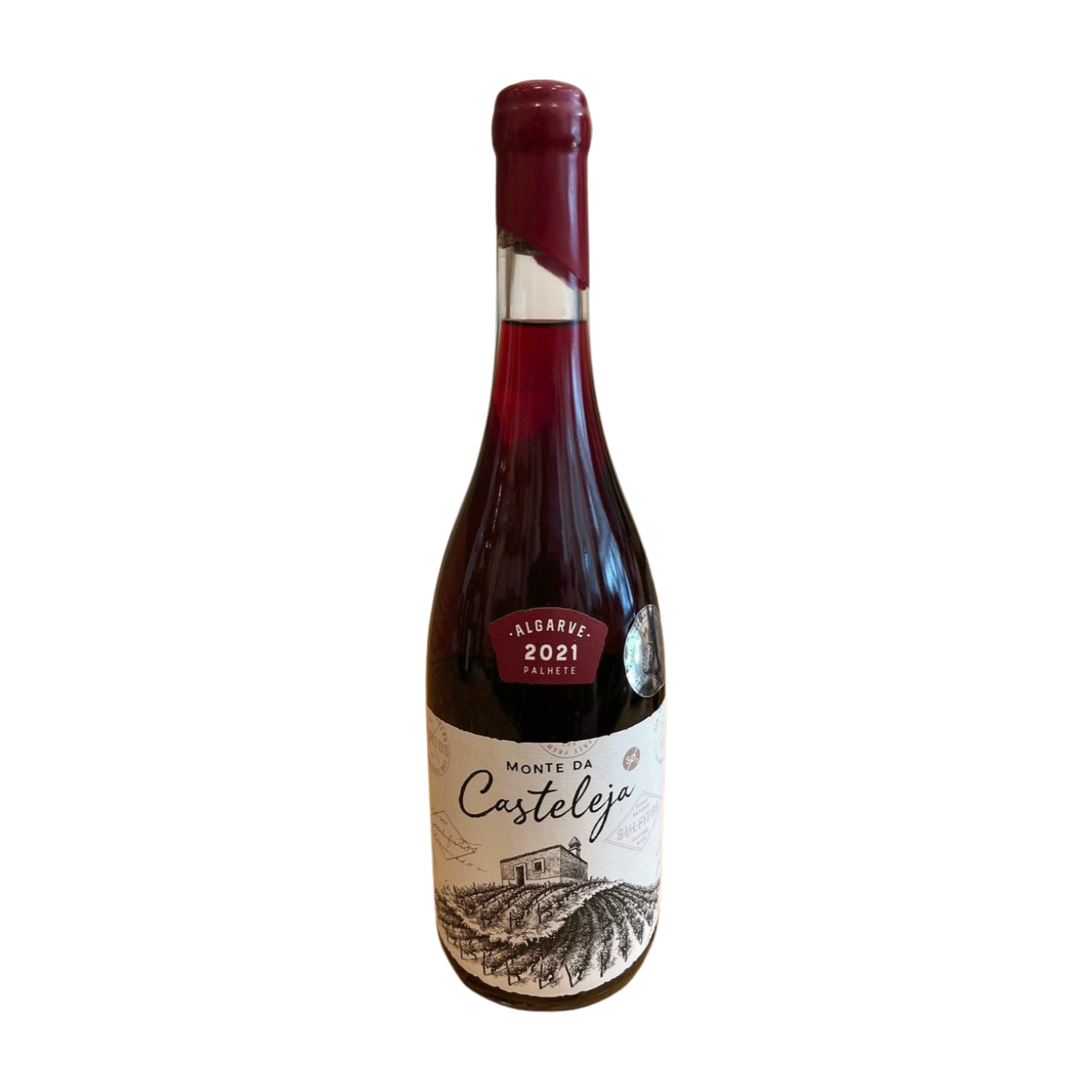Algarve
The history of wine production in the Algarve region of Portugal is as rich and varied as the region itself. This southernmost part of Portugal, known for its stunning beaches and vibrant tourism industry, also boasts a long tradition of viticulture that dates back to ancient times. The origins of Algarve wine can be traced to the Phoenicians and Greeks, who introduced grape cultivation to the region. This tradition was expanded by the Romans, who significantly increased wine production, as evidenced by archaeological finds such as the ruins of Milreu, which indicate an annual production of approximately 20,000 liters of wine.
Despite the decline in grape production following the fall of the Roman Empire, viticulture persisted through the Islamic period, with historical texts highlighting the importance of grapes and wine. After the region's reconquest by the Portuguese, wine once again became a central part of the Algarve economy. The 20th century saw significant developments, with the establishment of wine cooperatives in the 1940s that modernized production techniques and raised quality standards. This period also saw the recognition of the Algarve as a Vinho de Indicação Geográfica Protegida (I.G.P.) and the creation of four Denominação de Origem Controlada (DOC) subregions in the 1990s.
The Algarve's climate and terroir are crucial to its wine production. The region's warm, maritime climate, protected by the Monchique Mountains, accelerates the vine growing season, resulting in grapes that are high in sugar content. This leads to wines with higher alcohol content, a characteristic feature of Algarve wines. The diverse soil types, ranging from sandy near the coast to clay-rich in limestone and schist, further contribute to the unique qualities of the wines produced here.
Notable grape varieties indigenous to the Algarve include Negra Mole, Crato Branco (also known as Roupeiro), and Castelão, which are used alongside international varieties to produce predominantly red wines, though some whites are also crafted. These wines are known for their robustness and distinctive flavors, shaped by the region's unique climatic conditions.
Sustainability is increasingly becoming a focus for Algarve wine producers. Many are adopting environmentally friendly practices to ensure the longevity of the region's wine production. This includes the use of organic farming techniques, reducing water usage, and implementing biodiversity-friendly practices in vineyards. These efforts not only contribute to the preservation of the region's natural environment but also enhance the quality and reputation of Algarve wines on the global stage.
In conclusion, the Algarve's wine production history is a testament to the region's resilience and adaptability. From ancient beginnings to modern-day innovations, Algarve wines continue to evolve, offering a unique taste of Portugal's rich viticultural heritage.
Filters
Portuguese wine
Frequently asked questions
The entire country of Portugal is divided into 14 different wine regions, including in the Azores and Madeira islands. Some of Portugal's most famous winemaking regions include the Douro Valley (known for Port) and Vinho Verde (known for its light, refreshing white wines).
Portugal is becoming more well known for its orange wines, talha wines (traditionally made in clay pots), and palhete (made by blending red and white grapes together).
Portugal is best known for its fortified wine, called Port wine. It is produced in the Douro Valley, which is a UNESCO World Heritage Site and recognized as the world's first demarcated wine region, established in 1756.
Vinho Verde in northern Portugal is another popular winemaking region characterized by rolling hills and lush landscapes. It's known around the world for low-alcohol, refreshing white wines, although the region traditionally focused more on red wines made with the fruit-forward vinhão grape.
The Portuguese island of Madeira, with its subtropical climate, is renowned for its fortified wines. Winemaking here dates back to the 15th century, when Portuguese
explorers brought grape varieties from around the world.
Our sustainable, natural wine shop is located in the Marquês neighborhood in Porto, Portugal. We also ship to countries around the world, including within Europe, the United States, Canada, Australia, China, and more. Review our Shipping Policy to learn more.
In recent years, there has been a notable shift toward sustainable viticulture and the production of natural wine in Portugal. Many winemakers are implementing organic farming practices and embracing biodiversity to maintain soil health and reduce chemical inputs. This commitment to sustainability is not only beneficial for the environment but also enhances the quality of the wines, allowing the unique characteristics of the terroir to shine through. For example, some winemakers are now utilizing ancient terracotta amphorae for fermentation (called talha in Portuguese). This method preserves regional cultural heritage, enhances the wine's character, and aligns with sustainable practices by reducing reliance on modern materials.

